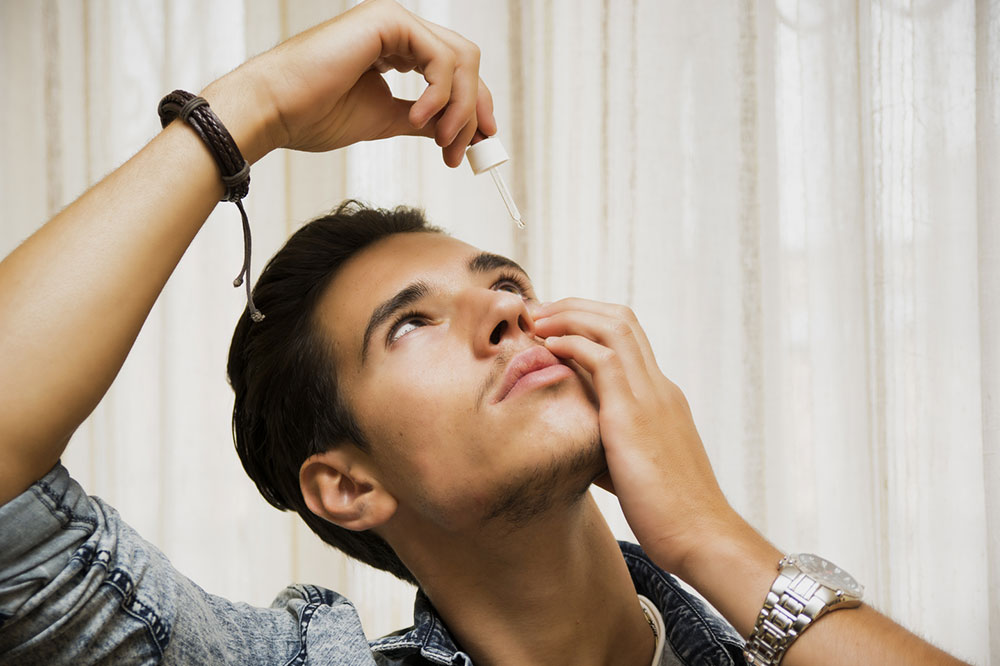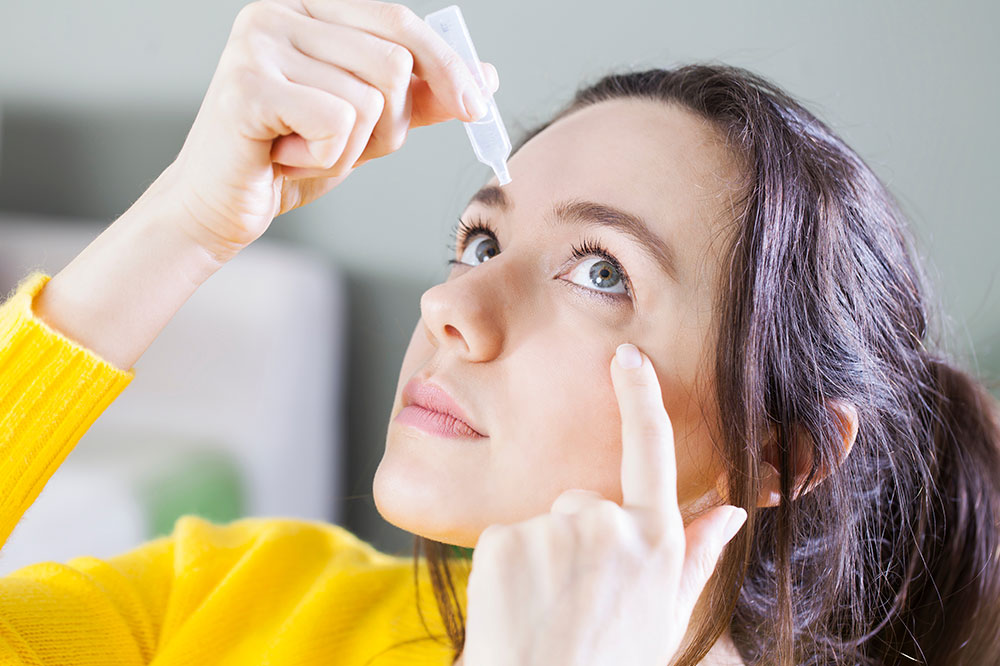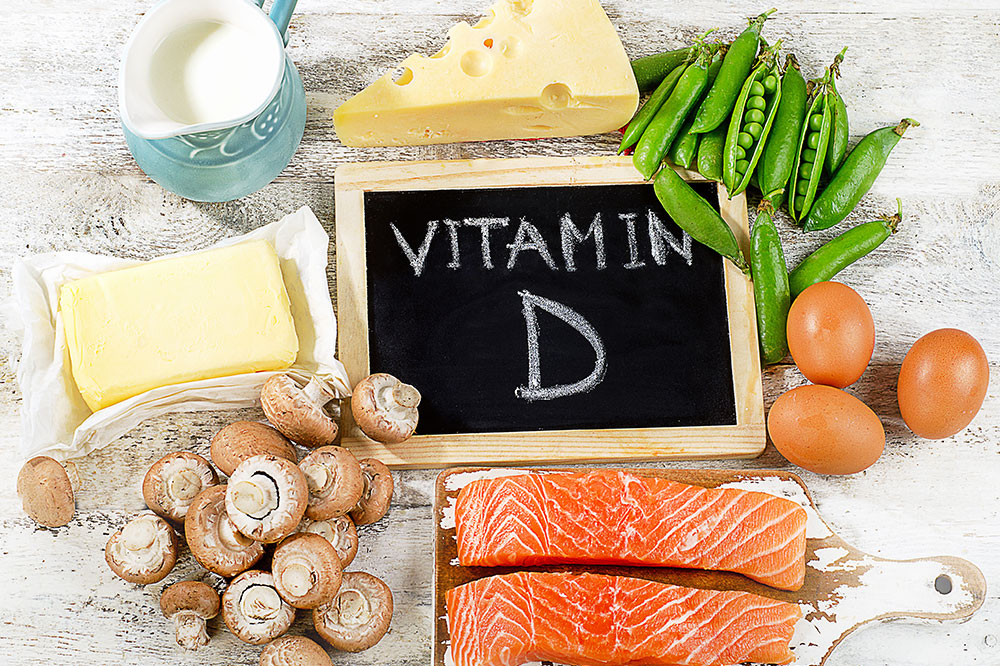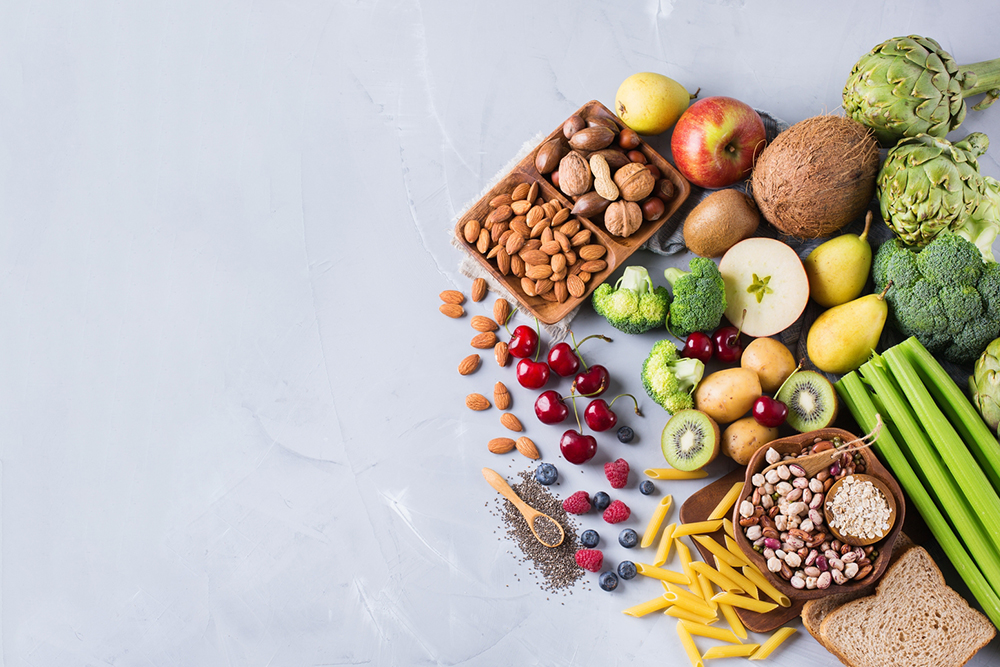Top 6 Nutritional Tips for Relieving Dry Eye Discomfort
Discover effective nutritional strategies for managing dry eye symptoms through diet. Incorporate foods rich in omega-3s, antioxidants, and hydration to promote eye comfort and health. Learn practical tips to reduce discomfort and support your vision naturally.

Top 6 Nutritional Tips for Relieving Dry Eye Discomfort
Dry eye syndrome occurs when tears do not provide adequate lubrication, leading to sensations like burning, stinging, light sensitivity, redness, blurred vision, and fatigue. Managing this condition can be achieved through proper diet and treatments. Here are six foods that can help alleviate dry eye symptoms effectively.
Fatty fish, nuts, and seeds
Foods high in omega-3 fatty acids support tear duct health, reducing inflammation and promoting moisture in the eyes. Include salmon, walnuts, chia seeds, and flaxseeds in your diet, and choose omega-3 fortified dairy products and oils like soybean and palm oil.
Greens rich in vitamins
Leafy vegetables such as kale, spinach, and collard greens are abundant in vitamin C and folate, both vital for combating age-related eye damage and preventing vision deterioration.
Legumes
For vegetarians, beans are an excellent source of protein, fiber, folate, and zinc. Zinc is crucial in protecting the eyes from sun damage and preventing dry eye by aiding melanin production.
Potassium-rich foods
Bananas, sweet potatoes, and soybeans are high in potassium, a key component of tear film. Sufficient potassium levels help maintain tear film stability and prevent dryness of the eyes.
Antioxidant-rich foods
To fight oxidative stress, include dark-colored fruits and vegetables like blueberries, goji berries, acai, spinach, and kale. Green tea, rich in catechins, also provides anti-inflammatory benefits.
Stay Hydrated
Adequate water intake is essential for healthy tear production. Proper hydration keeps eyes lubricated, especially in dry or hot environments, supporting overall eye health.
Note:
This article offers general information on managing dry eye symptoms through diet and lifestyle. It is not a substitute for professional medical advice. Always consult healthcare specialists for diagnosis and treatment options tailored to your individual needs.










